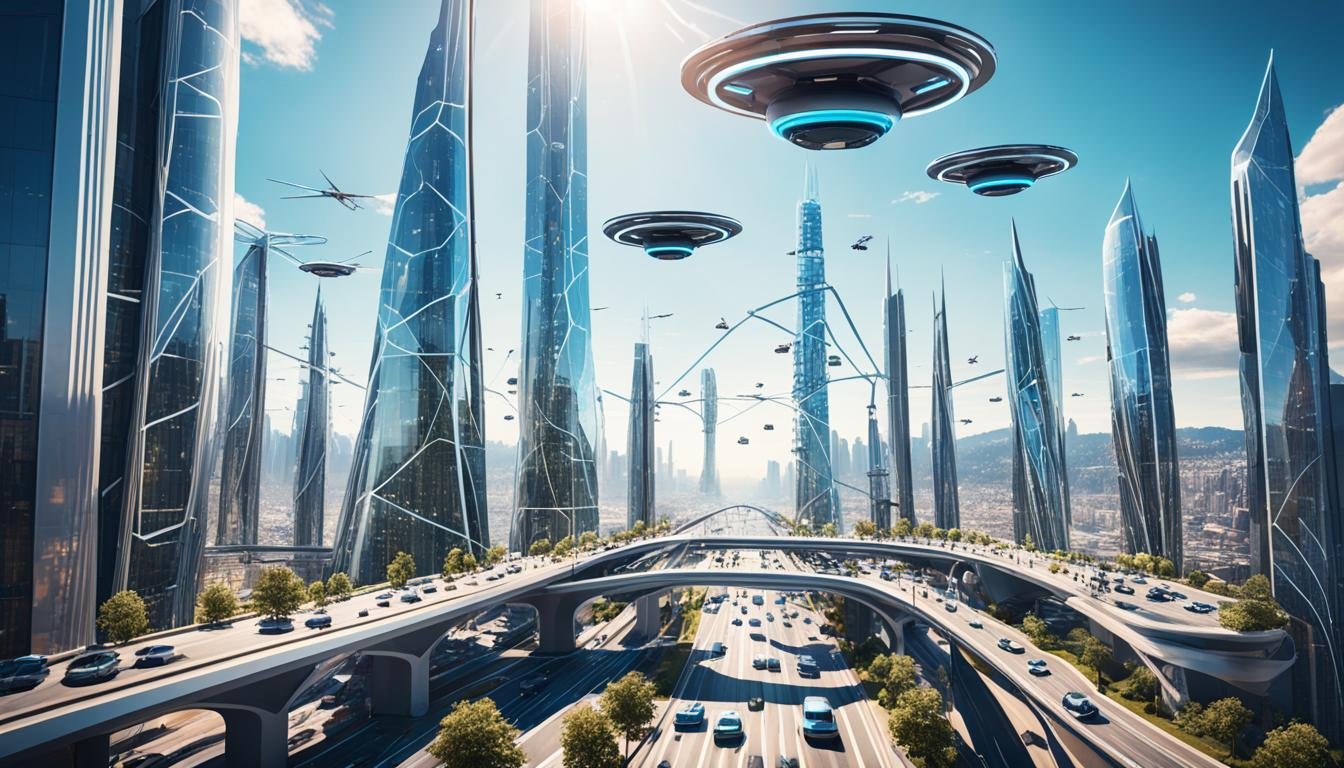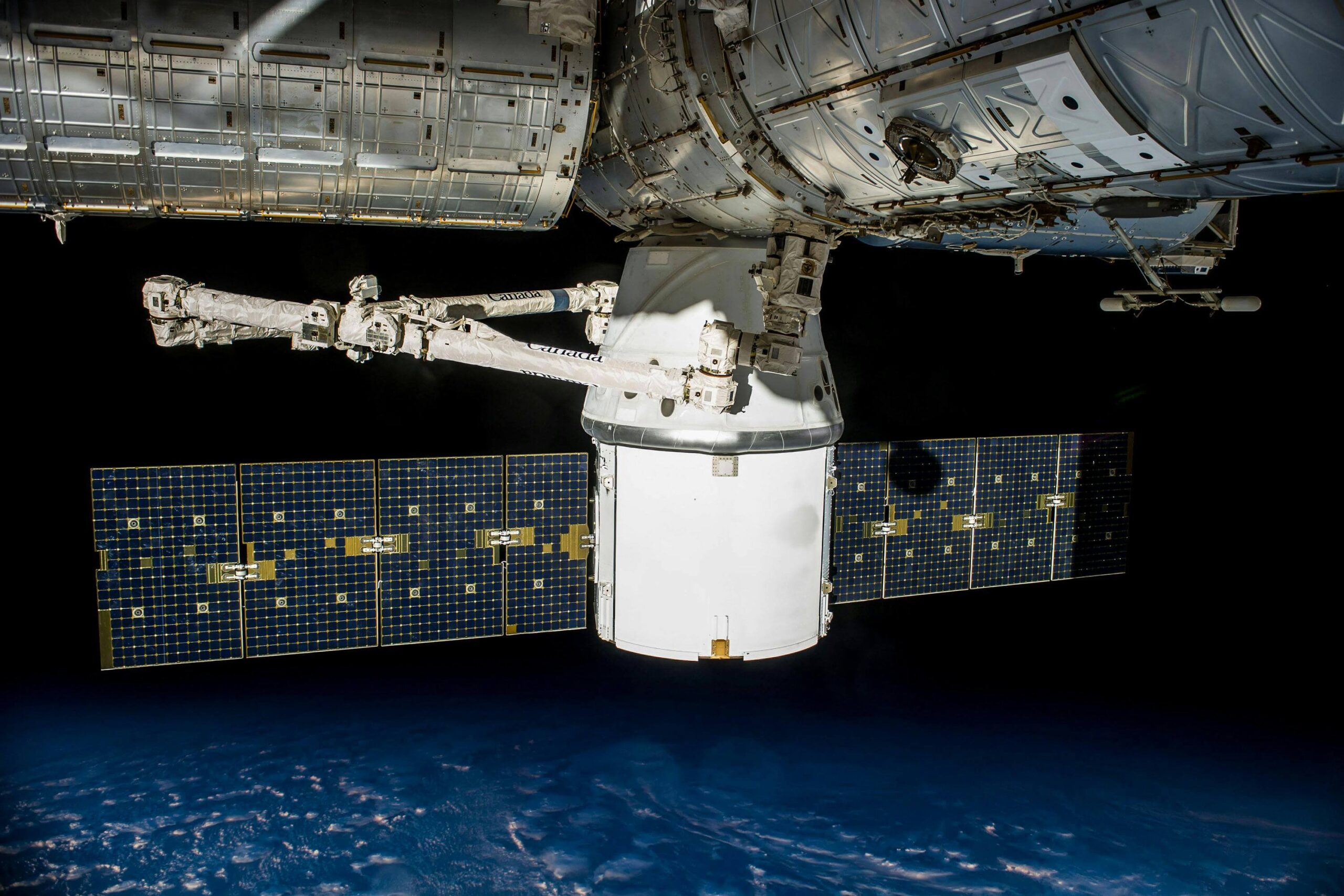
Technology is moving faster than ever, influencing nearly every aspect of our lives and transforming industries, economies, and societies. From artificial intelligence and robotics to advancements in medical technology and digital transformation, the speed and scale of technological change, often referred to as the “technology drive,” is reshaping our world. In this article, we’ll explore the concept of the technology drive, the factors fueling it, and how it impacts various sectors and shapes the future.
What Is the Technology Drive?
The technology drive refers to the relentless push for innovation, improvement, and adoption of new technologies across multiple fields. As technology becomes more sophisticated, accessible, and powerful, we’re seeing faster innovation cycles and an increased reliance on tech in day-to-day life. This drive is powered by several interconnected trends:
- Increased Computational Power: The ongoing advancement in computational technology, best exemplified by Moore’s Law, has allowed us to process larger and more complex datasets, enabling breakthroughs in AI, machine learning, and data analysis.
- Connectivity and the Internet of Things (IoT): With the rise of the internet and IoT devices, nearly everything can be connected, from smartphones and computers to refrigerators and cars. This interconnectedness facilitates real-time data gathering and analysis, fostering a data-driven approach in industries worldwide.
- AI and Automation: Artificial intelligence and automation are transforming the way we work, increasing efficiency, and creating new possibilities in fields like healthcare, finance, manufacturing, and education.
- Demand for Convenience: As consumers, we seek more convenience and better experiences, pushing companies to adopt new technologies that enhance accessibility, efficiency, and personalization in products and services.
Key Technological Drivers and Innovations
Let’s delve into some of the leading technologies that are accelerating the technology drive and transforming our lives:
- Artificial Intelligence and Machine Learning
- AI and machine learning have come a long way in the past decade. From predictive analytics and natural language processing to machine vision and autonomous vehicles, AI is rapidly advancing to become a central component in technology. AI algorithms can now analyze vast amounts of data, detect patterns, and provide insights that humans might otherwise overlook. This power makes AI a transformative force in industries like healthcare, finance, retail, and manufacturing.
- 5G and Advanced Connectivity
- With the rollout of 5G networks, we’re witnessing a new era in mobile connectivity. 5G offers faster speeds, reduced latency, and increased capacity, enabling a seamless experience for IoT devices, remote work, and high-quality video streaming. This technology also paves the way for smart cities, autonomous vehicles, and other innovations that rely on real-time data transfer.
- Blockchain and Distributed Ledger Technology
- While often associated with cryptocurrencies, blockchain technology has far-reaching implications across finance, supply chain management, healthcare, and data security. Blockchain’s decentralized nature enhances transparency, reduces fraud, and increases accountability, making it a valuable tool for industries seeking to establish trust and authenticity in transactions.
- Quantum Computing
- Although still in its infancy, quantum computing holds the promise of solving complex problems that are beyond the capability of traditional computers. Quantum computers could revolutionize fields that require heavy computational power, such as cryptography, material science, drug discovery, and climate modeling.
- Augmented Reality (AR) and Virtual Reality (VR)
- AR and VR technologies are transforming how we experience the digital world. From entertainment and gaming to virtual tourism, education, and training, AR and VR open up new possibilities for immersive experiences. Companies are also using these technologies for product design, remote collaboration, and customer engagement.
The Impact of Technology Drive on Key Industries
The technology drive has touched nearly every industry, forcing companies to innovate or risk being left behind. Here’s how technology is shaping some of the most critical sectors:
- Healthcare
- Advances in AI, robotics, and telemedicine are transforming healthcare by improving diagnostics, treatment options, and patient care. AI algorithms assist doctors in analyzing medical images, predicting patient outcomes, and personalizing treatment plans. Robotics enhances precision in surgeries, while telemedicine makes healthcare accessible to remote populations.
- Finance
- Fintech innovations, driven by AI, blockchain, and big data, are revolutionizing the financial industry. Automated trading systems, digital wallets, mobile payments, and robo-advisors have changed the way people access and manage their finances. Blockchain technology is also enhancing transparency and security in financial transactions, leading to more trust between consumers and institutions.
- Education
- In education, technology has made learning more accessible and interactive. Online learning platforms, virtual classrooms, and adaptive learning software allow students to learn at their own pace and in their preferred style. VR and AR are also enhancing the classroom experience, enabling students to explore complex subjects in immersive, hands-on ways.
- Retail and E-commerce
- The retail industry has embraced AI, IoT, and data analytics to improve customer experience and operational efficiency. Personalized recommendations, predictive inventory management, and cashier-less stores are examples of how retailers use technology to cater to consumer demands. E-commerce giants are also using AI-powered chatbots, AR try-on solutions, and drones for faster delivery.
- Manufacturing
- The manufacturing industry is rapidly transforming with the help of Industry 4.0 technologies, including IoT, robotics, and AI. Smart factories use real-time data to optimize production, improve quality control, and reduce costs. Automation and robotics increase efficiency, while predictive maintenance minimizes downtime and reduces operational expenses.
Challenges and Concerns of Rapid Technological Advancement
While the technology drive brings undeniable benefits, it also raises significant concerns:
- Privacy and Security
- With the massive amounts of data generated, privacy and data security have become critical issues. Protecting personal information, securing connected devices, and preventing data breaches are crucial to maintaining public trust in technology.
- Job Displacement
- Automation and AI-driven processes are replacing many traditional jobs, especially in manufacturing, customer service, and transportation. While technology also creates new jobs, there’s a need for workforce reskilling to ensure people can adapt to the changing job landscape.
- Digital Divide
- The technology drive has increased access to information and services, but not everyone benefits equally. Digital inequities exist between different regions, socioeconomic groups, and age demographics, leading to a divide that can exacerbate existing inequalities.
- Ethical Concerns
- As AI and other advanced technologies make decisions or perform tasks independently, ethical questions arise regarding their impact on society. Issues like bias in algorithms, AI’s role in surveillance, and the ethical boundaries of genetic engineering are subjects that require careful consideration.
The Future of the Technology Drive
Looking ahead, the technology drive shows no signs of slowing down. Key areas like AI, quantum computing, renewable energy, and biotechnology are expected to drive the next wave of innovations. Here’s what we might see in the coming years:
- Integration of AI into Everyday Life
- AI will become even more embedded in our daily lives, with applications extending into personalized healthcare, smart home systems, and advanced human-machine interaction. Ethical AI will likely gain traction, focusing on transparency, fairness, and accountability in decision-making algorithms.
- Decentralized Data Ownership
- As data privacy concerns continue to grow, decentralized models of data ownership, such as those enabled by blockchain, could empower individuals to have greater control over their personal information.
- Green Tech and Sustainable Innovations
- With climate change at the forefront, technology will play a significant role in developing sustainable solutions. Innovations in renewable energy, smart cities, and green building materials are expected to help mitigate environmental impact.
- Bioengineering and Genetic Advancements
- Advances in bioengineering, such as CRISPR and synthetic biology, will open new possibilities in healthcare and agriculture. Personalized medicine, enhanced disease prevention, and resilient crops could become more widespread, helping address health and food security challenges. Click here for more info
Conclusion
The technology drive represents a powerful, transformative force that is shaping the future of society. As technology continues to evolve, its potential to solve complex problems and enhance human life grows stronger. However, embracing this change requires balancing innovation with responsibility, ensuring that technological advancements serve society as a whole. With the right vision, ethical considerations, and commitment to inclusivity, the technology drive can create a world that is more connected, efficient, and sustainable for generations to come







